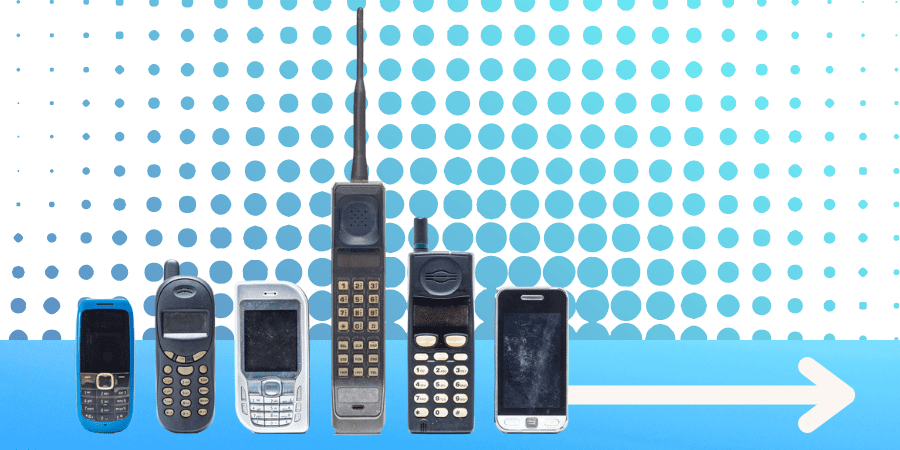Subscribe
"Unlock exclusive insights and elevate your financial wisdom with NetWorth.com — subscribe now to stay ahead in the wealth game!"

In this article, we will discuss the profound impact that mobile technology has had on society, as well as the concerns it raises for its inventor.
Key takeaways:
The way we live, work, and communicate has been greatly affected by mobile technology. Now, we can effortlessly connect with anyone, anywhere in the world just by tapping our smartphones.
Additionally, we have access to an abundance of information, entertainment, and services, all readily available at our fingertips.
But with this technological revolution comes concerns about its impact on our privacy, our children, and our society as a whole.
Martin Cooper. Cooper is optimistic about the potential for mobile technology to transform human lives, but he also worries about the risks it poses to privacy and young people.
According to Martin Cooper, the creator of the first portable phone, cellphone technology can potentially revolutionize fields like education and healthcare. However, he recognizes the adverse effects that come with the use of smartphones and social media.
In April 3, 1973, Cooper demonstrated the first-ever portable phone in a public call on a street in Manhattan. The prototype device was designed by his Motorola team in just five months.
Cooper’s team at Motorola designed a prototype device for a handheld portable telephone, which he used to make the first public call on a Manhattan street on April 3, 1973. This event helped to start the revolution of cellphones.
Even though Cooper and his team had no idea at the time that this call would go down in history as a monumental moment, it did.
He paved the way for wireless communication and believed that cellphone technology was only in its infancy.
Cooper expressed that he isn’t fond of the appearance of current smartphones, which are made of plastic, metal, and glass. Instead, he envisions phones that are integrated into one’s body, serving as sensors that constantly monitor one’s health.
Cooper suggested that the future of mobile devices could involve embedding a receiver for your ear under your skin, which could be powered by the energy your body creates by ingesting food.
Cooper recognized the potential drawbacks of technological advancements, including threats to privacy and children’s well-being. European regulators and others are worried about applications and digital advertisements that track users, giving tech and digital advertising firms the ability to create detailed user profiles.
Cooper mentioned that there are concerns about privacy and tracking of user activity by apps and digital ads. He also stated that resolving these issues will not be easy. Cooper also noted that the use of smartphones by children needs to be limited. He suggested creating different internets curated for various age groups, as young children should only have access to content appropriate for their age and education.
The inspiration for Cooper’s cellphone idea was not the personal communicators on Star Trek, but comic strip detective Dick Tracy’s radio wristwatch. Cooper mentioned that he uses his phone to check emails and search for information to settle arguments during dinner. Nevertheless, he admits there are still things he has yet to learn, including the social media platform TikTok.
Overall, while Martin Cooper is optimistic about the potential of mobile technology to transform society, he is also keenly aware of the risks that it poses to privacy and young people. He believes that the best way forward is to find a balance between technological innovation and responsible use, so that we can reap the benefits of mobile technology while minimizing its negative impact on society.